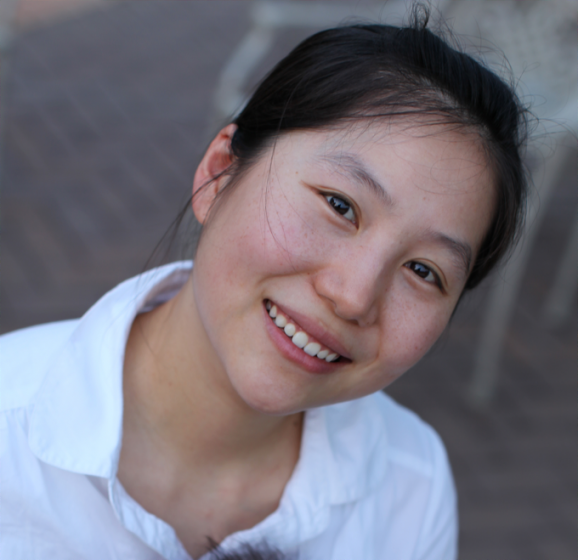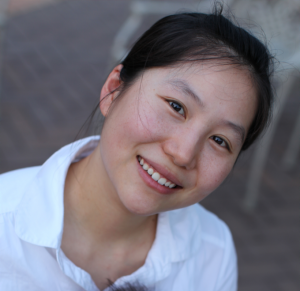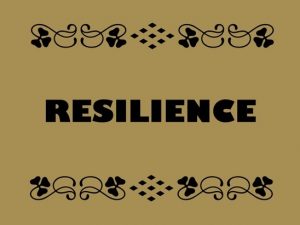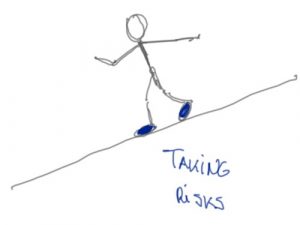
Name: Hyeseong Kang
Undergraduate Institution:
B.A.- Sociology/Psychology (Double Major) (Korea University)
Graduate Institution:
M.A.- Clinical and Counseling Psychology (Korea University)
Ph.D. Candidate- Human Development and Family Studies (UConn)
How did you choose your particular internship?
“I worked as a therapist-intern at Windham High School’s (WHS) School-Based Health Center (SBHC) during the 2016-2017 academic year. Before this internship, I started out by serving as the Advisory Board Member for the Young Parents Program at Windham High School in 2015. My personal interactions with teen mothers taught me about human potential, basic human rights, and environmental influences on child-rearing decisions and experiences. The resilience, strength, and dignity of these teen mothers inspired me; at the same time, I was saddened by their challenges and trauma. In response to these experiences, I yearned to find ways in which informed and systematic support can be made available to marginalized students. That was the motivation behind my internship at WHS’s School-Based Health Center and I strived to learn more about resilience in the context of schools and communities.”
What new skills or knowledge have you gained from participating in your internship?
“I have had opportunities to work with high school female students at risk and SBHC staff members engaged in designing and implementing ways to nurture resilience in multi-stressed contexts. Witnessing students’ ability to tap into their strengths and resources even in the worst moments of their life experiences was truly a magical and transformative experience. Furthermore, I learned the importance of cultural humility: sharing my cultural background and expressing possible cultural ignorance led to the development of trust and helped evolving honest exchange with students.”
Who has been the biggest influence on your career-related decisions during your time in graduate school or on your decision to pursue an internship?
“I am enormously grateful to my advisor, Dr. Sandra Rigazio-DiGilio, for her encouragement. Her excitement about my internship and her supportive feedback have constituted a continuous source of taking risks and trying things differently. I would also like to thank my internship supervisor, Carrie Franzen, for her generous involvement with my internship experiences. I feel lucky to have received so much support throughout this internship.”
Describe your role in your internship. What did your daily tasks consist of?
“The clinical part of my internship was to co-facilitate a girls’ group. Since the school was often the only haven for most group members, my supervisor and I focused on creating a safe, playful, and sustainable community where students can nurture and support one another. Participants learned how violence and trauma can affect their lives and relationships, and learned and practiced effective coping skills. I was also engaged in a Compassion Fatigue Research Project with an interdisciplinary network of SBHC staff members. During our weekly meetings, we committed to fostering resilience through intentional collegial connection and expansion of relational hope, reflecting on our personal experiences and relevant literature.”
What advice would you give to current UConn graduate students who are looking to go on the same path?
“Internships can clarify your research, career, and clinical interests. Talk with colleagues, supervisors, and mentors who work in the field that interest you and try to get relevant internship experience (take some action!). When navigating internship opportunities, focus on your strengths and develop your career where you can fully be yourself, use yourself, and connect yourself to others.”
What do you know now about graduate school that you wished you knew before entering?
“I have longed to live and study in a different country (from my country of origin) so that I can look at myself from a totally different context. As an international graduate student in a highly dissimilar community, I initially felt totally lost and out of place, experiencing feelings of inadequacy, confusion, and uncertainty. Fortunately, with the help and support of my mentors and cohort members, my transition to graduate school was smooth and I gradually felt comfortable with my new, “struggling” self. If I knew this before entering graduate school, I would have better prepared myself to fully enjoy such moments of confusion, rather than questioning myself. May you derive great joy from learning about how to live in two worlds.”





